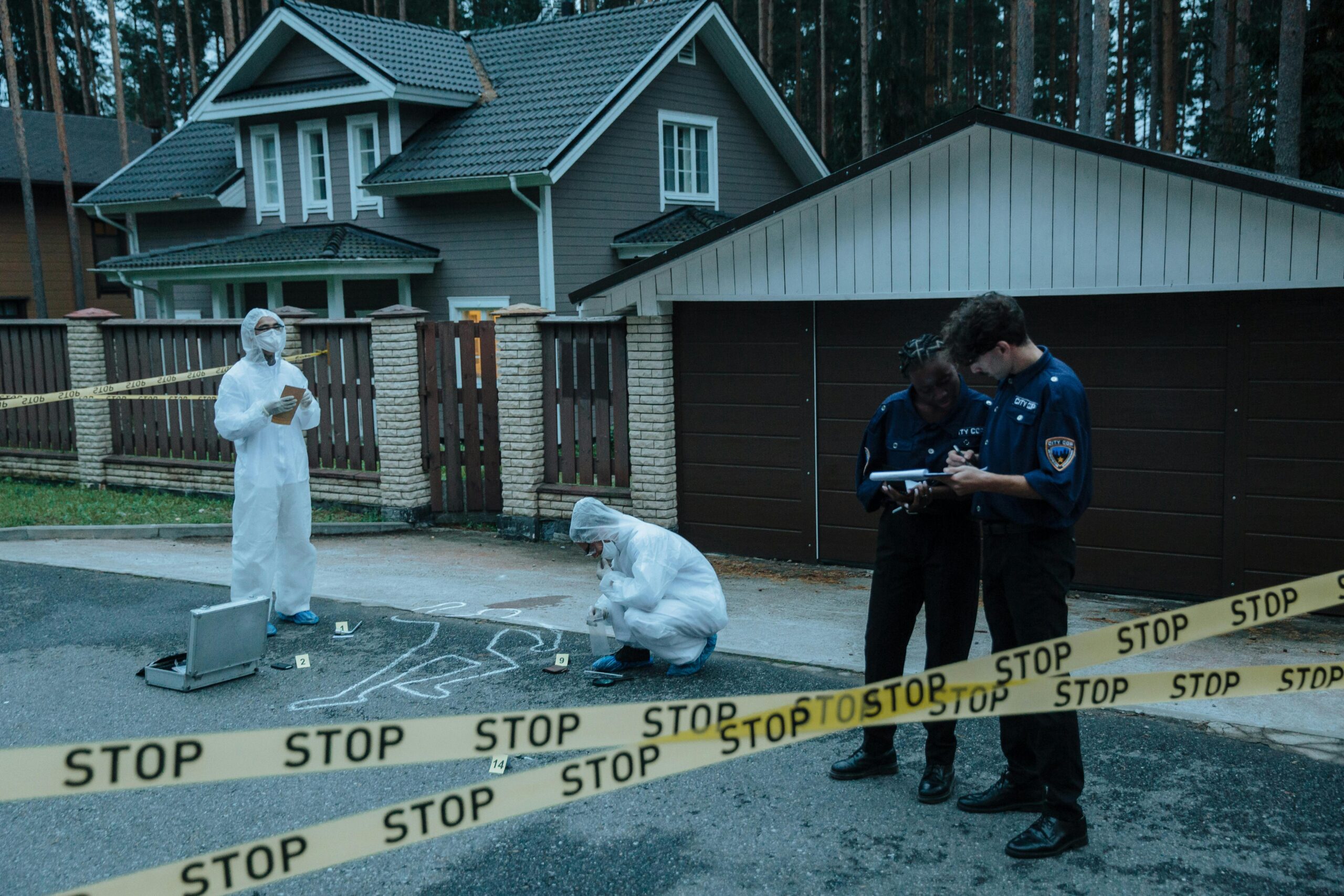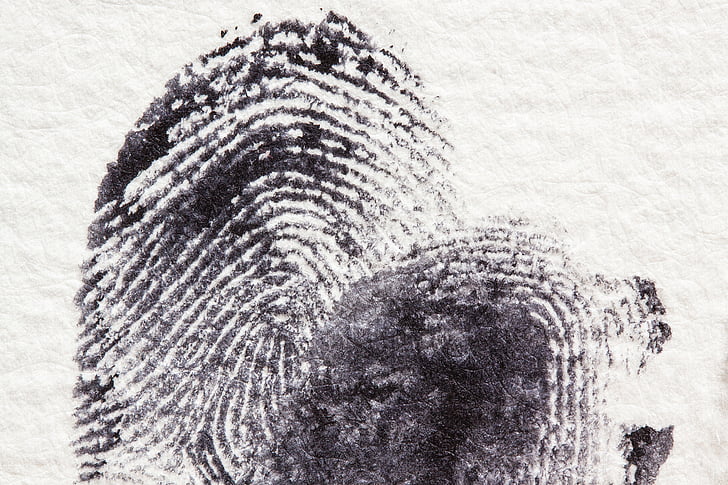Now Reading: Mental Health and Resiliency in Crime Scene Investigators
-
01
Mental Health and Resiliency in Crime Scene Investigators

Mental Health and Resiliency in Crime Scene Investigators
Crime scene investigators (CSI’s) are uniquely situated within the justice system, tasking with documenting, collecting, and preserving evidence from highly traumatic environments like homicides, sexual assaults, child abuse and mass causalities, CSI are not dealing with evidence only as detectives or patrol officers do, they are the ones dealing directly with graphic evidence often in cases of death or violence, all the while expected to remain conscientious and neutral.
Repeated exposure to traumatic crime scenes has been associated with post-traumatic disorder (PTSD), anxiety, depression and burnout. While there is considerable literature exploring the psychological toll of policing, there is considerably less research examining the experience of forensic specialists and CSIs who engage in evidence collection from traumatic crime scenes, leaving many unprepared and unsupported by institutions.
Resilience, the ability to successfully adapt and bounce back from adversity, has emerged as an essential factor that helps CSIs cope. Resilience is not merely a characteristic of individuals alone but can be shaped by organization culture and system, training, and wellness programs. By focusing on resilience, it protects investigative personnel and the integrity of forensic investigations. It is a systematic area of focus where there is a significant need for organizational support.
Psychological impact of Forensic work
CSIs face distinct stressors arising from the emotionally intense nature of crime scenes. Elevated exposure of blood, severing body parts and victimization can lead to an acute stress response and cumulative trauma. Franklin (2019) reported that sympathetic exposure too often leads to detachment, intrusive thoughts and second-order traumatic stress. Individual differences in psychological hardiness are a significant driver of coping outcomes among forensic investigators, as noted by Craven Hallmark, and Holland (2022).
With limited structured support, the ongoing stress of exposure to crime scenes will exacerbate vulnerabilities to burnout and attrition as concerns about the sustainability of the forensic labour workforce emerge.
Resilience as a protective factor
Resilience has developed into an essential protective factor against work-related stress among forensic professionals. Resilience is considered to be the ability to bounce back from an adverse event and is helpful for crime scene investigators who manage psychological pressures and continue to perform adequately at work. Studies have shown that investigators who tend to be resilient are able to report lower levels of burnout and improved emotional regulation.
Mindfulness, stress inoculation, and emotional regulation training have been associated with improved resilience in policing.
Organizational support and wellness programs
An essential element of investigator resilience is institutional culture. Measles (2023) found that many CSIs feel there are fewer resiliency training and wellness support resources than are available to sworn police officers. In contrast, agencies that provide proactive wellness programs (e.g., counselling services, peer-support programs, and required debriefings) positively impact employee wellbeing and reduce turnover. Additionally, Boone (2020) argued that organizational support of wellness promotes not just psychological well-being, but also effectiveness in investigations – because healthier CSIs can engage in focus, analysis, and presentation of evidence.
Discussion
Research indicates that resilience in crime scene investigators (CSIs) emerges from both individual coping strategies and system factors. Personal coping strategies, such as maintaining strong connections with peers or cognitive reframing, may help mitigate the impact of stress; however, these strategies will fall short without institutional support. Organizational recognition of exposure to trauma, along with targeted wellness initiatives, would significantly improve resilience outcomes.
This interaction suggests that resilience is a dynamic and context-reliant phenomenon rather than a personal characteristic.
Conclusion
Crime scene investigators endure continual psychological strain associated with inherently traumatic work. Resilience is a primary protection; however, its effectiveness is contingent on personal coping ability and commitment from the agency. To maintain an effective workforce, agencies must implement comprehensive wellness programs, resilience training, and psychological surveillance. When mental health is prioritised, law enforcement will find CSIs more effective, resilient, and better equipped to carry out their critical role in the justice system.










